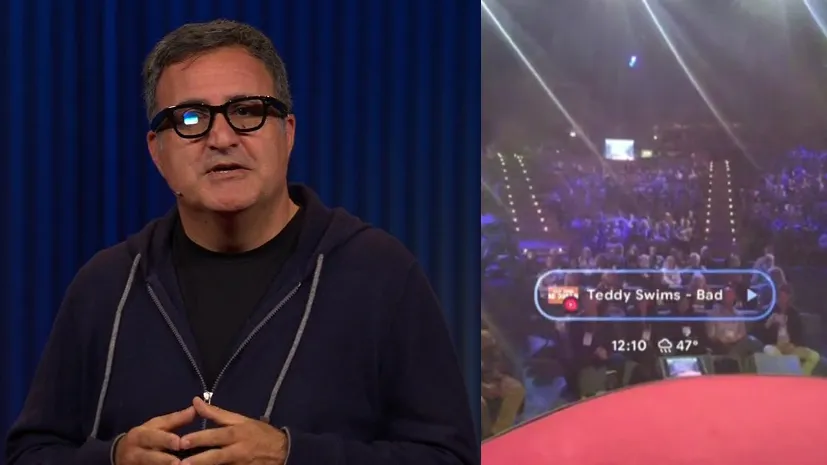Google Shows Off Sleek AI Smart Glasses With A HUD
At TED2025, Google showcased sleek smart glasses with a Heads-Up Display (HUD), although the company referred to them as "conceptual hardware." During the event, Shahram Izadi, Google's Android XR lead, presented both the HUD glasses and Samsung's upcoming XR headset. The 15-minute talk is now publicly available to watch.
A Glimpse into the Demo
A supercut of the TED2025 demo reveals that the glasses are equipped with a camera, microphones, and speakers, similar to the features of the Ray-Ban Meta glasses. What sets them apart is the "tiny high resolution in-lens display that's full color." The display, seemingly monocular, refracts light in the right lens from specific camera angles, with a relatively small field of view.
Google's Gemini AI System
The focus of the demo was Google's Gemini multimodal conversational AI system, highlighting the Project Astra capability. This feature enables the system to remember visual data by continuously encoding video frames, merging video and speech input into a timeline of events, and storing this information for efficient recall.

Ongoing Development
This isn't the first time Google has introduced smart glasses with a HUD, and the emphasis on Gemini's Project Astra capabilities is a recurring theme. While last year's glasses were bulkier, the recent demonstration at TED2025 suggests that Google is actively working on miniaturization to bring a refined product to the market.
Industry Competition
Competition in the smart glasses sector is heating up, with companies like Meta and Apple also exploring similar technologies. Meta, for instance, is reportedly developing its own smart glasses with a HUD, integrated with multimodal AI capabilities. On the other hand, Apple is said to be working on smart glasses slated for release in 2027.

With the success of Ray-Ban Meta glasses and the increasing demand for smart eyewear, tech giants are investing in advancing AI-powered glasses. As the industry evolves, expect fierce competition among companies vying for dominance in this emerging market segment.










